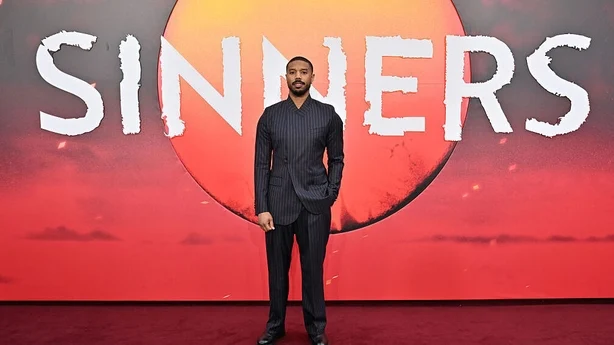Max Eisendrath: NFL playoffs prime time for digital piracy
The NFL playoffs, a highlight for football enthusiasts, have become a prime target for live sports piracy. Studies reveal that while 61% of streaming subscribers watch live sports, a significant 51% admit to pirating such content monthly. Specifically, 35% of NFL fans have accessed games through unauthorized streams. This rampant piracy results in substantial financial losses, with streaming services losing approximately $30 billion annually—a figure projected to escalate to $113 billion by 2027. Live sports streaming alone accounts for an estimated $28 billion in these losses.
The repercussions of digital piracy extend beyond corporate profits, adversely affecting a wide range of professionals, including athletic staff, trainers, advertisers, and support personnel. Recognizing the severity of the issue, over 50 countries, such as Canada, Italy, and the U.K., have empowered courts to block websites hosting pirated content. India has intensified its anti-piracy stance by criminalizing film piracy and imposing hefty fines, while the European Union is enhancing its Digital Services Act to combat the unauthorized streaming of live events.
In contrast, the United States relies on the Digital Millennium Copyright Act, which permits content owners to request the removal of pirated material. However, this legislation falls short when addressing foreign-operated piracy sites. Previous attempts to strengthen anti-piracy laws, such as the Stop Online Piracy Act (SOPA) in 2011, faced opposition due to concerns over potential First Amendment violations and unintended consequences for legitimate platforms. To effectively safeguard content creators and the broader industry, there is a pressing need for the U.S. to adopt more robust measures against digital piracy.






